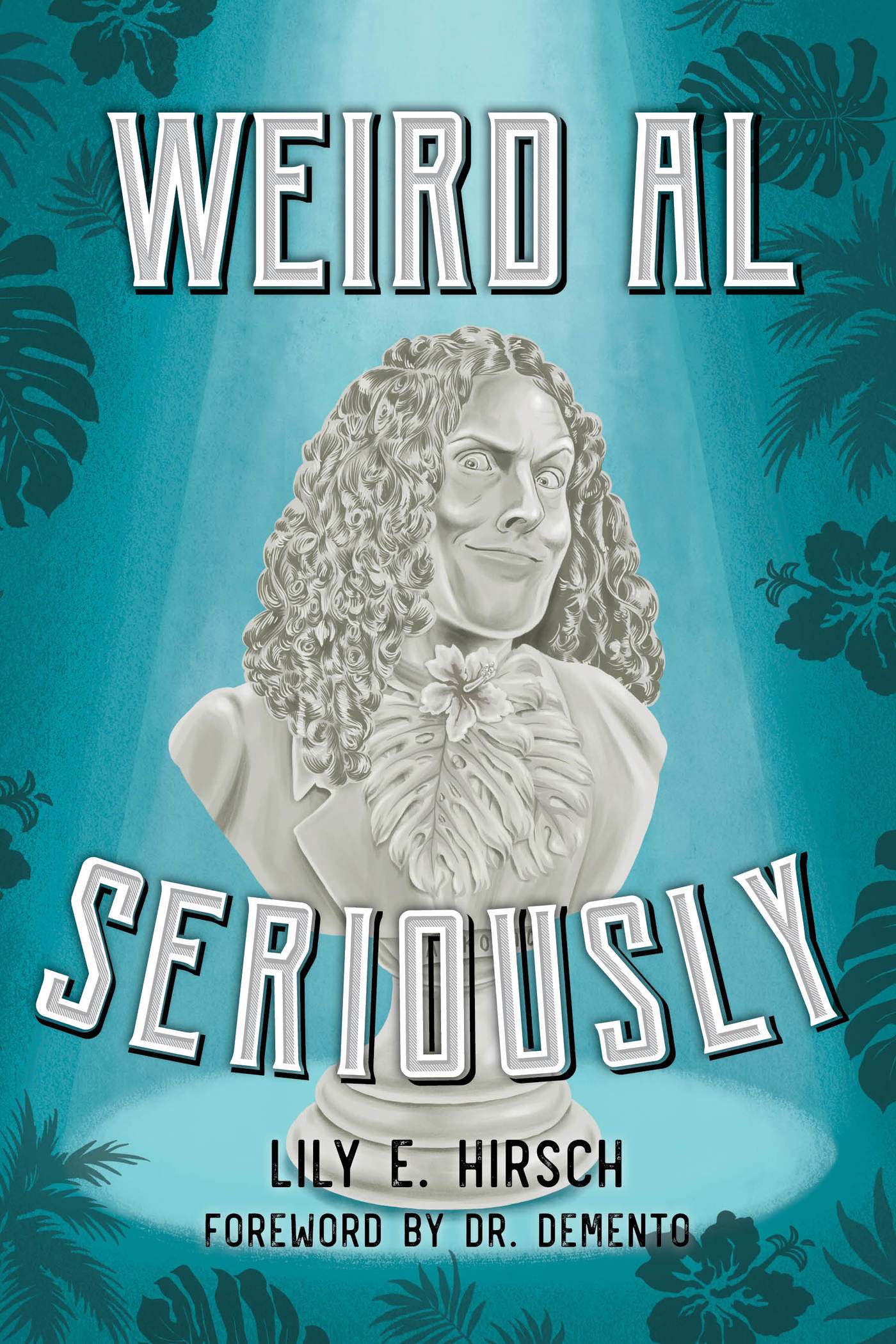Weird Al
Seriously
Lily E. Hirsch
Foreword by Dr. Demento
ROWMAN & LITTLEFIELD
Lanham Boulder New York London
Published by Rowman & Littlefield
An imprint of The Rowman & Littlefield Publishing Group, Inc.
4501 Forbes Boulevard, Suite 200, Lanham, Maryland 20706
www.rowman.com
6 Tinworth Street, London SE11 5AL, United Kingdom
Copyright 2020 by Lily E. Hirsch
Foreword 2020 by Dr. Demento
All rights reserved. No part of this book may be reproduced in any form or by any electronic or mechanical means, including information storage and retrieval systems, without written permission from the publisher, except by a reviewer who may quote passages in a review.
British Library Cataloguing in Publication Information Available
Library of Congress Cataloging-in-Publication Data
Names: Hirsch, Lily E., 1979 author.
Title: Weird Al : seriously / Lily E. Hirsch.
Description: Lanham : Rowman & Littlefield Publishing Group, 2020. | Includes index. | Summary: This is the first book to address in a serious way the impact of the music of Weird Al Yankovic. Through original interviews with the man himself, Lily Hirsch addresses Yankovics relationship to past parody songs and his unique approach to the art form, inviting music enthusiasts of all stripes to reconsider Yankovics musicProvided by publisher.
Identifiers: LCCN 2019038951 (print) | LCCN 2019038952 (ebook) | ISBN 9781538124994 (hardback) | ISBN 9781538125007 (epub)
Subjects: LCSH: Yankovic, Al, 1959 Criticism and interpretation. | Humorous songsHistory and criticism. | Parody in music.
Classification: LCC ML419.Y35 H57 2020 (print) | LCC ML419.Y35 (ebook) | DDC 782.42164092dc23
LC record available at https://lccn.loc.gov/2019038951
LC ebook record available at https://lccn.loc.gov/2019038952
 TM The paper used in this publication meets the minimum requirements of American National Standard for Information Sciences Permanence of Paper for Printed Library Materials, ANSI/NISO Z39.48-1992.
TM The paper used in this publication meets the minimum requirements of American National Standard for Information Sciences Permanence of Paper for Printed Library Materials, ANSI/NISO Z39.48-1992.
Foreword
I dont get no respect.Rodney Dangerfield
That goes double for most of the people who write and/or sing funny songs these days.
Their music is dismissed as ephemeral novelty by serious music fans and as trivial by connoisseurs of spoken comedy.
Todays teenagersthe same age group that once made songs like Monster Mash, The Purple People Eater, and Theyre Coming to Take Me Away, Ha-Haaa! instant million-sellerstend to regard funny songs and their singers as uncool.
Of the thousands of humorous songs released over the past century, most are rarely heard today, and most of the people who wrote and sang them languish in obscurity. However, theres one amazing exception to that rule. Nearly forty years after his first hit record, Weird Al Yankovic continues to sell out concert tours. His songs are in demand on streams, downloads, vinyl, and CDs, and he is frequently seen as a guest star on a variety of TV shows and video platforms.
People who first heard Weird Al as children or teenagers are delighted to see hes still as funny as ever and are happy to introduce their own childrenor grandchildrento his videos and live shows. They know hell keep the whole family entertained with a wealth of clever, energetic, up-to-dateand kid-friendlyhumor, presented with first-class musical skills and production values.
Theres nobody else like Weird Al, and there never has been. Thereve been other brilliant and hilarious comedy musicians, some of whom have managed to sustain careers for a decade or two, but Al is in a class by himself. He became the most requested artist on The Dr. Demento Show almost as soon as I began playing his music, and hes remained the most requested artist ever since. Others have had huge hits on the show, but Al has never been seriously challenged as the number one artist of comedy music today (and perhaps of all time).
How does Al do it? Like other successful people, he does it with inspiration and perspiration, in something close to equal proportions. He could probably have been successful in any number of other pursuits. He skipped a grade in elementary school. In high school he was the valedictorian of his class and the star of the debate team. After showing early talent for draftsmanship, he prepared for a career in architecture and got his bachelors degree in that field at California Polytechnic University (Cal Poly) in San Luis Obispo.
There were no professional musicians or comedians in his family before Al, but his parents were fans of the accordion-playing Polka King Frankie Yankovic (no blood relation). On the day before Als seventh birthday, they bought him an accordion, along with some lessons, and he quickly learned some of the instruments standard repertoire. He enjoyed making music, but the popularity of polkas and other accordion music was on the decline in the 1970s, so that repertoire didnt promise a great deal of long-term inspiration.
Im very, very proud that at that point I provided something that did inspire young Al. Starting in 1970 Id developed a weekly radio show featuring rock n roll oldies especially geared to a contemporary rock audience. From the start, the show had included some of the novelty songs that were heard every so often on Top 40 stations in the 1950s and 60ssongs like The Purple People Eater, Monster Mash, and Transfusion. Listeners requested more and more of those, and I was happy to oblige them.
In 1972 The Dr. Demento Show was picked up by KMET-FM, which was on its way to becoming the most listened-to rock station in Los Angeles. Al began listening to the show around 1973, by which time the show was dominated by funny music, and Al discovered such artists as Spike Jones, Tom Lehrer, Stan Freberg, and Allan Sherman. Meanwhile, he began experimenting with playing contemporary rock music on his accordion and taught himself by ear to play every song on Elton Johns double album Goodbye, Yellow Brick Road.
To publicize my show, I put on programs at local high schools, and in 1973 I came to Lynwood High, where Al was a sophomore. While he was too shy to introduce himself after my appearance, he was inspired enough to start making up comedy songs to sing and play on his accordion. By 1975 I was occasionally playing new tapes of comedy songs made by listeners, including a few who were around Als age. I can do that, he thought, and eventually he came up with a song he thought worthy of being played on the show and sent me a cassette.
Belvedere Cruisin, a song about tooling around his hometown in the Yankovic family sedan, wasnt the greatest song he ever wrote, but it had some brash and funny lines, and the accordion definitely caught my ear. The words fit the music and were easy to understand, the performance sounded confident and energetic, and the voice and accordion were balanced just right. Al got the kind of results with an inexpensive mono portable recorder that many others never achieve with far costlier multitrack gear.
Of course, that wasnt his first attempt. Hed perfected his microbudget recording technique by trial and error. Thats the perspiration part. After he enrolled at Cal Poly, his woodshedding continued while he studied architecture, spun records on the campus FM station, and performed periodically in the campus coffeehouse. One day he happened to play his accordion in the restroom across the hall from the station and loved the way the sound bounced off the walls. He borrowed a microphone from the station, ran a cable across the hall to the stations tape recorder, and recorded his parody of the Knacks number 1 hit My Sharona. My Bologna became the most-requested song on my show and was released on Capitol Records, bringing Al his first taste of national fame. Another song parody, Another One Rides the Bus, became even more popular, and yet another, I Love Rocky Road, led to his first LP. Further triumphs followed in rapid succession.
Next page
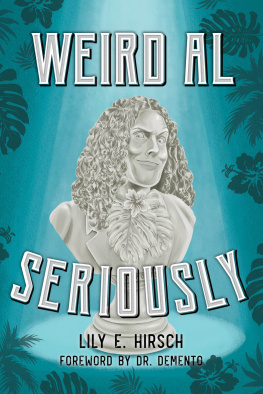

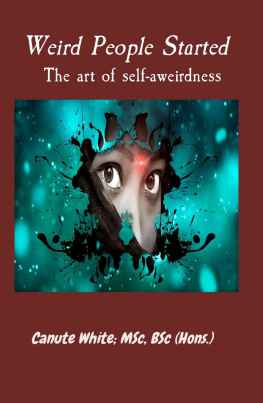
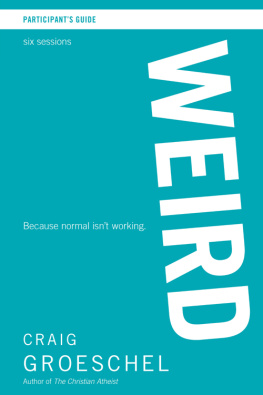
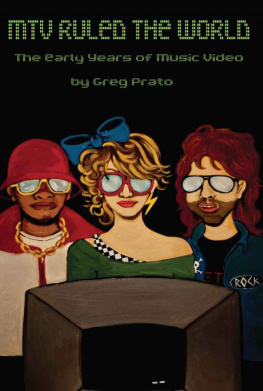
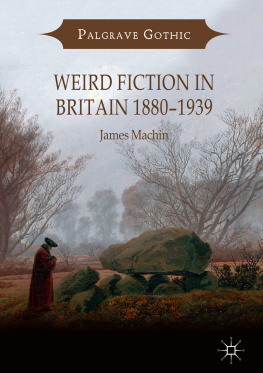
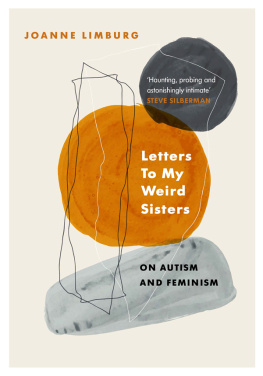
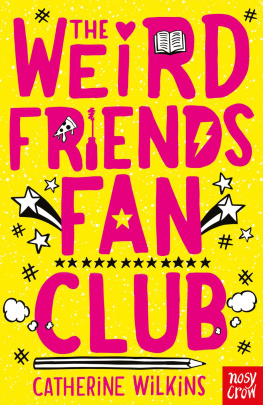

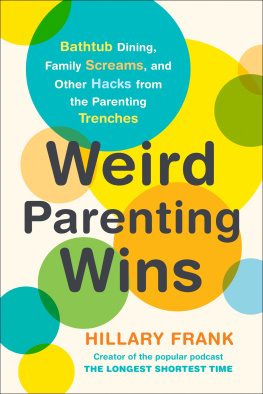

 TM The paper used in this publication meets the minimum requirements of American National Standard for Information Sciences Permanence of Paper for Printed Library Materials, ANSI/NISO Z39.48-1992.
TM The paper used in this publication meets the minimum requirements of American National Standard for Information Sciences Permanence of Paper for Printed Library Materials, ANSI/NISO Z39.48-1992.